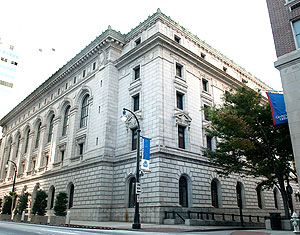 Earlier this week, a three-judge panel of the U.S. Court of Appeals for the 11th Circuit rejected a provision in Alabama’s controversial immigration law that required schools to verify the citizenship and immigration statuses of incoming students.
Earlier this week, a three-judge panel of the U.S. Court of Appeals for the 11th Circuit rejected a provision in Alabama’s controversial immigration law that required schools to verify the citizenship and immigration statuses of incoming students.
The provision, referred to as Section 28, required schools in Alabama to identify whether enrolling students were “born outside the jurisdiction of the United States or is the child of an alien not lawfully present in the United States.” The provision required schools to obtain birth certificates of students, and if not presented by a parent or guardian within 30 days, students were presumed to be “aliens unlawfully present” in the country.
Writing on behalf of the panel on Monday, Judge Charles R. Wilson said that the provision “operates to place undocumented children, and their families, in an impossible dilemma: either admit your unlawful status outright or concede it through silence.”
Furthermore, the court rejected Alabama’s justifications for the provision, with Wilson saying that the state’s request was a violation of the equal-protection clause guaranteed by the 14th Amendment.
“State officials concede that the data collected through Section 28 is inaccurate, and they have not otherwise suggested that the relevant data cannot be obtained in other ways,” he said. “In short, we do not find these justifications, which fit into the general category of ‘because we want to know,’ substantial enough to justify the significant interference with the children’s right to education.”
























